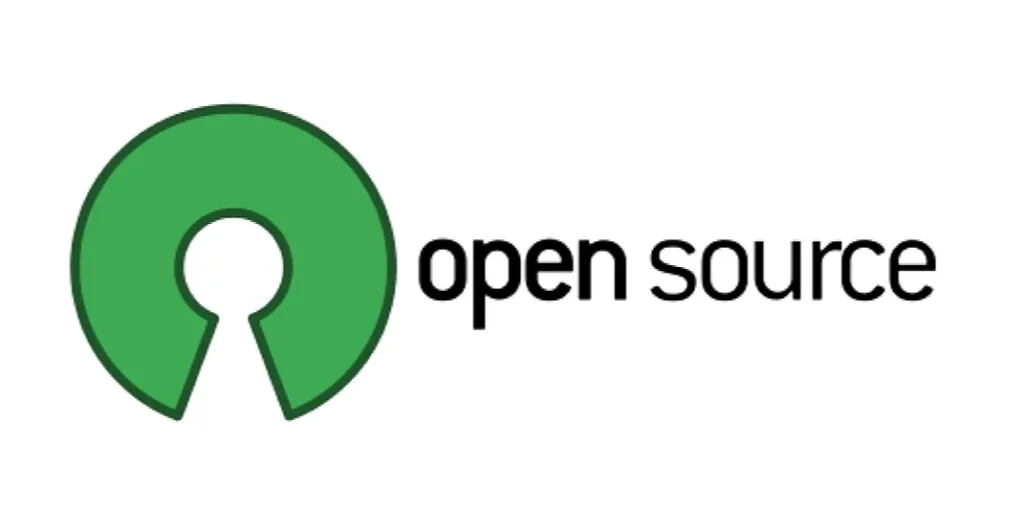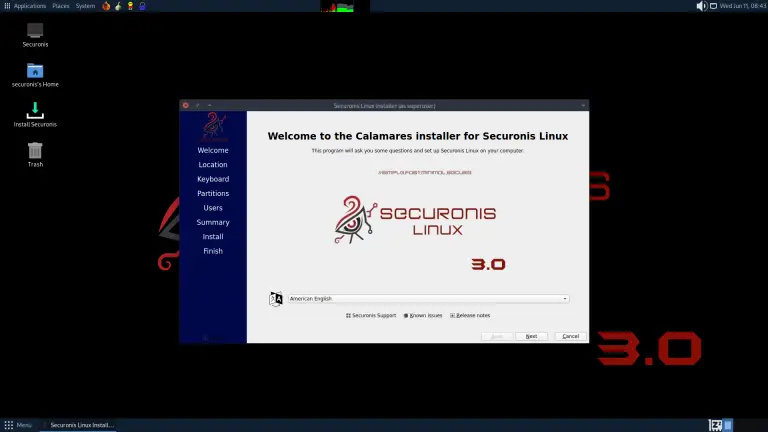
Germany is making a bold leap toward digital sovereignty: the federal state of Schleswig-Holstein is officially abandoning all Microsoft software in its public sector. Minister of Digitalization Dirk Schrödter announced the decision via an open-source video conferencing platform, stating that the full transition to Linux and alternative solutions would be completed within three months.
The move will affect nearly all civil servants, police officers, and judges — roughly 30,000 individuals. In time, other public employees, including schoolteachers, will follow suit. The initiative is already being hailed as a landmark step toward “digital autonomy” and a sign of Europe’s mounting mistrust toward American tech giants. Denmark’s government has recently unveiled similar plans.
In truth, Schleswig-Holstein has long been laying the groundwork for this transformation. Back in April 2024, the regional government declared its intent to abandon proprietary software, citing the lack of transparency and control over internal processes, as well as the inability to guarantee the security of citizens’ and businesses’ data. Schrödter emphasized that the state must operate independently and have full sovereignty over its IT infrastructure.
Recent geopolitical developments have only reinforced this decision. The minister noted that the war in Ukraine exposed not only Europe’s energy vulnerabilities but also its digital dependence. To curb the influence of foreign providers, state data will also be migrated from Microsoft Azure to European-based cloud infrastructure.
Beyond the political and ethical dimensions, the transition promises significant financial savings. By shedding Microsoft licenses and their obligatory upgrade cycles, the state expects to save tens of millions of euros. For instance, the upgrade from Windows 10 to Windows 11 is cited as an example of costly software migration.
The shift to open-source software will be executed in phases. Initially, LibreOffice will replace Word and Excel. Next, Open-Xchange will be introduced, while email clients Outlook and Exchange will be supplanted by Thunderbird. KDE Plasma has been chosen as the default desktop environment, though the specific Linux distribution remains undecided. Among the candidates are Kubuntu, SUSE Linux Enterprise Desktop, and openSUSE Leap. Other Microsoft products will be replaced by tools such as Nextcloud.
Some are drawing comparisons to Munich’s ill-fated 2004 migration from Windows to Linux — a project eventually reversed a decade later. Yet, even that effort left a lasting impact: Munich still relies heavily on LibreOffice and other open-source applications.
France’s national gendarmerie, on the other hand, stands as a resounding success story. Having adopted Ubuntu more than a decade ago, 97% of its computers — over 103,000 systems — now run GendBuntu, a customized version of Ubuntu. The latest round of upgrades to version 24.04 LTS was completed in December 2024.
Amid growing EU skepticism toward the United States and its dominant tech firms, such moves are likely to become increasingly common across Europe. The story of Schleswig-Holstein, it seems, is not an exception — but the emergence of a new norm.


